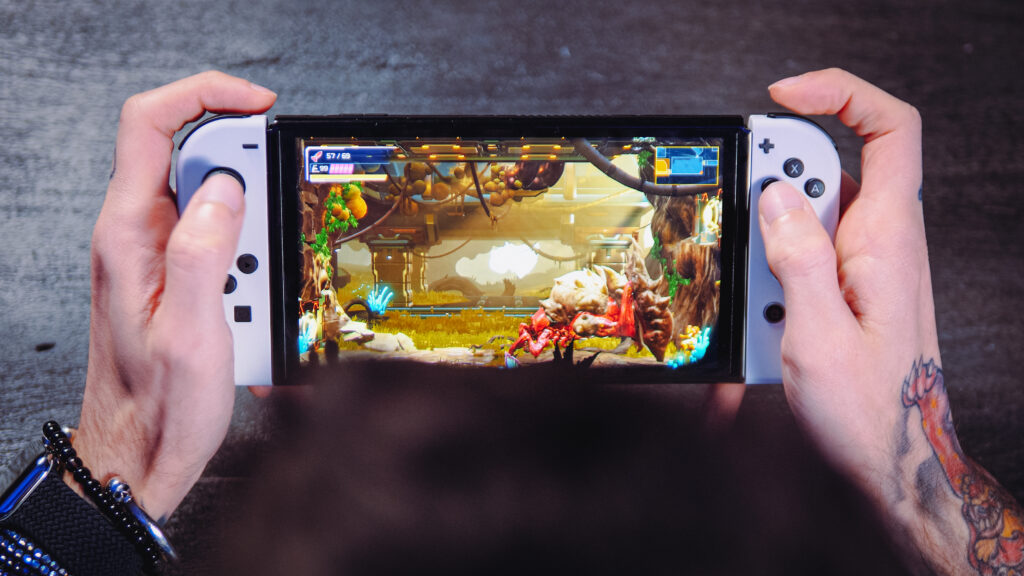Steam Tightens Rules on Game Season Passes
Read more of this story at Slashdot.
Read more of this story at Slashdot.
Read more of this story at Slashdot.
Read more of this story at Slashdot.
Read more of this story at Slashdot.
Read more of this story at Slashdot.
Read more of this story at Slashdot.

Une rumeur vient de rejaillir, évoquant un report de la sortie de GTA 6 à cause de l'élection de Donald Trump, cela en se fondant sur des propos d'un ancien dirigeant du studio, en 2018.
Read more of this story at Slashdot.
Read more of this story at Slashdot.

Le prochain GTA, Grand Theft Auto VI, arrivera en 2025. Un premier trailer du GTA 6 de Rockstar Games a été dévoilé le 5 décembre 2023. Depuis, le studio Rockstar Games se montre discret sur son futur jeu vidéo.
Read more of this story at Slashdot.
Read more of this story at Slashdot.

Sortie il y a sept ans, la console de Nintendo compte bon nombre de titres classiques. Et la liste ne fait que s'allonger au fil des années. Elle compte des licences cultes, de Zelda à Mario, mais aussi plein de petites pépites un peu moins connues. Voici notre top 10 des meilleurs jeux sur Nintendo Switch en 2024.

Alors que la sortie de la saison 2 d'Arcane est imminente sur Netflix, Riot Games vient d'annoncer l'arrivée d'une pluie de cadeaux à destination des fans, dans la plupart de leurs jeux actuels, y compris League of Legends.

Alors que la sortie de la saison 2 d'Arcane est imminente sur Netflix, Riot Games vient d'annoncer l'arrivée d'une pluie de cadeaux à destination des fans, dans la plupart de leurs jeux actuels, y compris League of Legends.
Read more of this story at Slashdot.
Read more of this story at Slashdot.
Read more of this story at Slashdot.

L'un des jeux vidéo les plus réputés de Rockstar Games, qui n'avait jamais été porté sur Windows, va enfin arriver sur PC à la fin du mois d'octobre. Quatorze ans après sa sortie sur console.